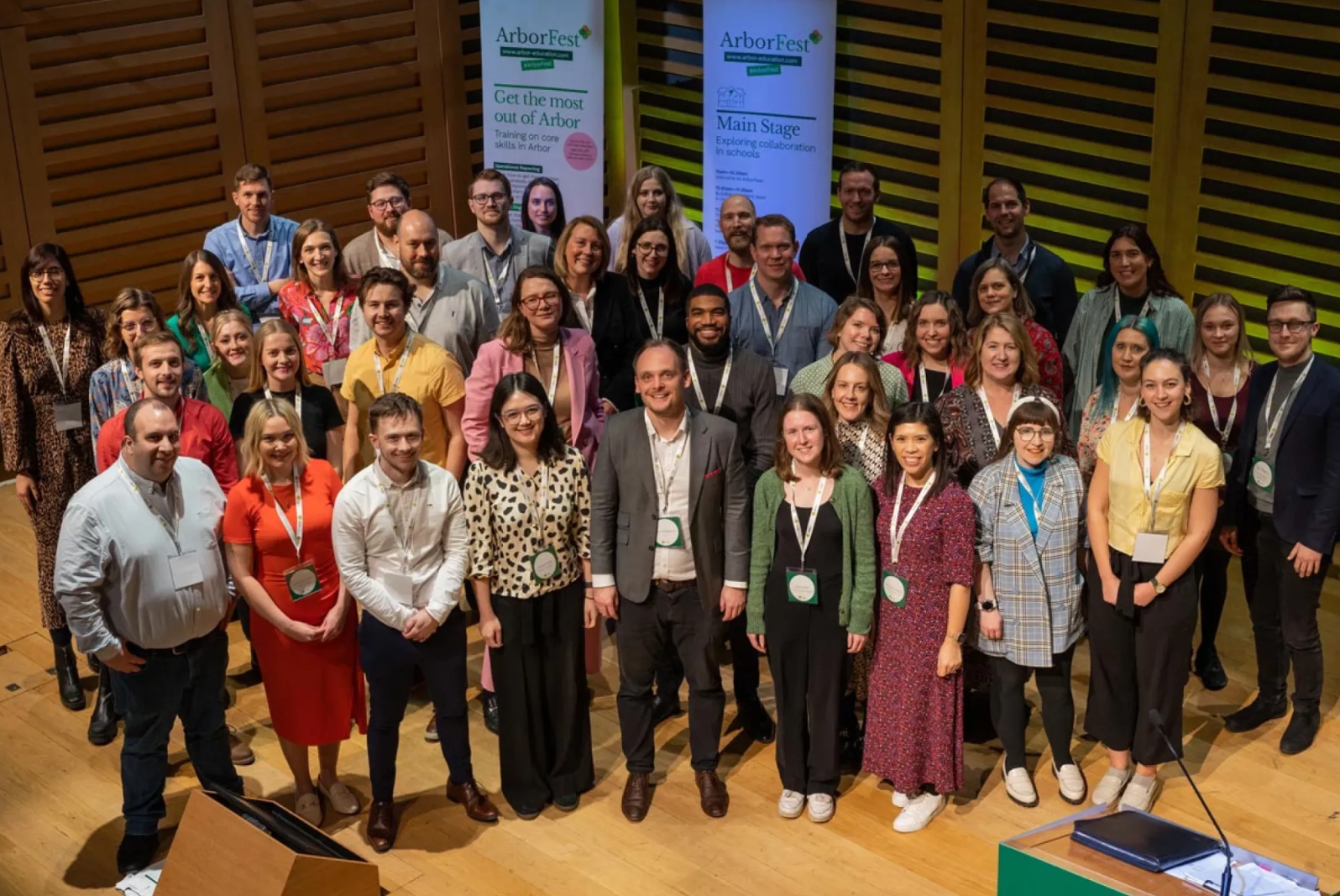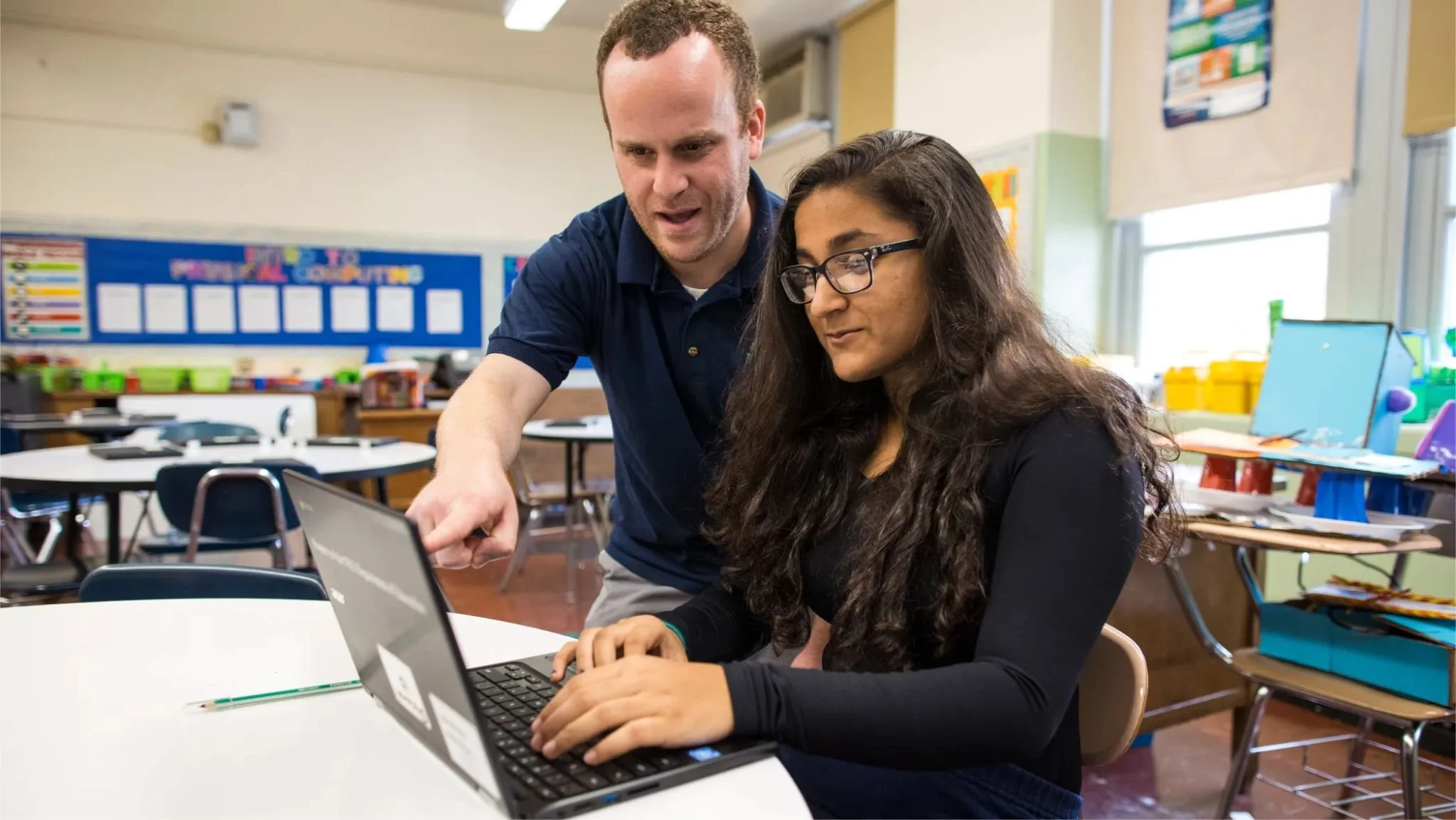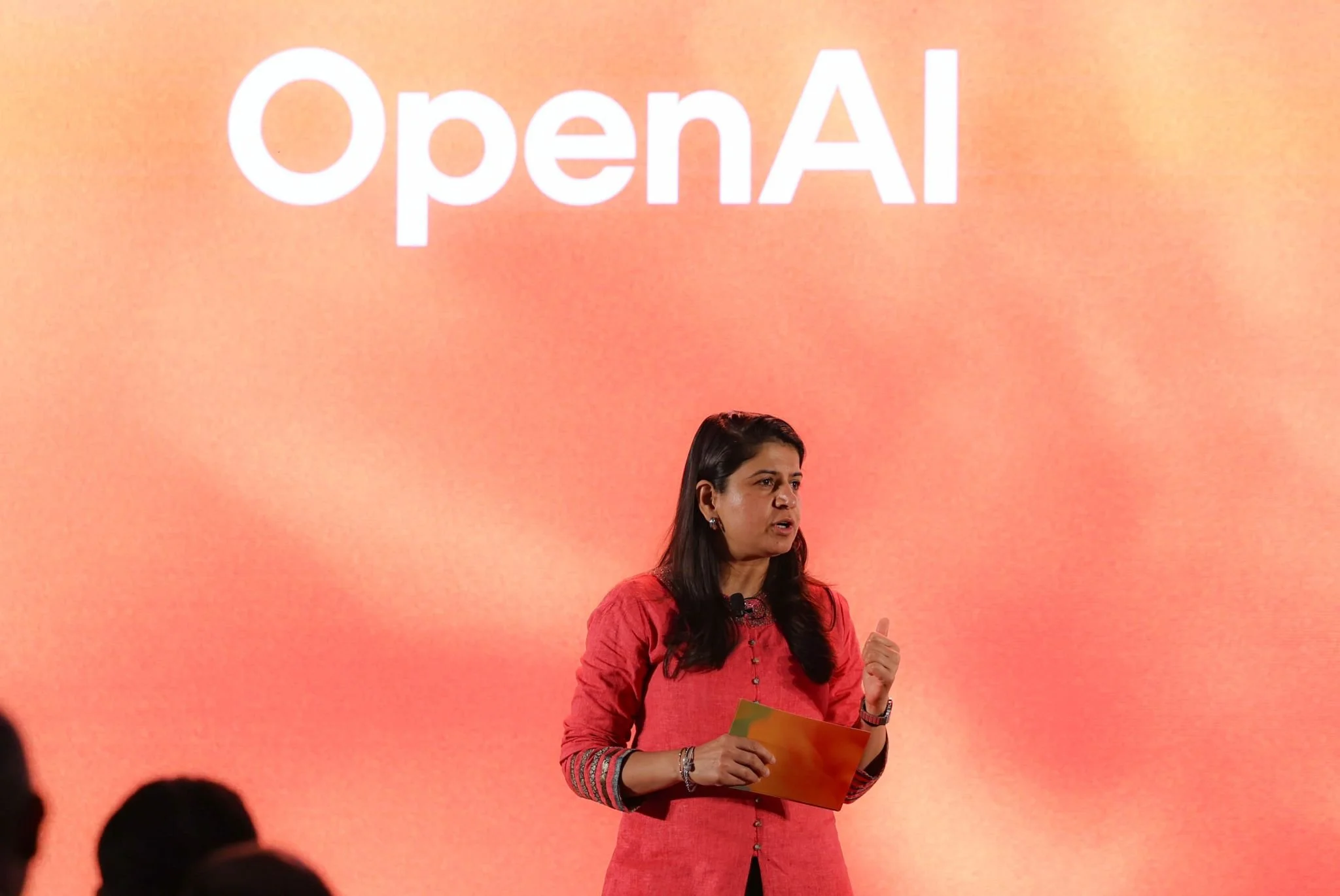APA publishes new policy on generative AI in scholarly publishing, clarifying authorship and disclosure rules
The American Psychological Association (APA) has released updated guidance on how generative AI can be used in academic manuscripts, requiring disclosure while prohibiting AI from being credited as an author.
The APA’s Publications and Communications Board has issued new policies on the use of generative AI in academic publishing. Under the guidance, when generative AI is used in drafting a manuscript for an APA journal, its use must be disclosed in the methods section and cited. Authors remain responsible for verifying the accuracy of all information, including any generated by AI.
The American Psychological Association (APA) has published updated guidance on the use of generative artificial intelligence (AI) in scholarly work. The new policy makes clear that AI cannot be listed as an author but acknowledges its growing role in drafting, editing, coding, and research support.
According to the policy, authors are responsible for the accuracy of all content, including material generated with AI tools. Any use of AI in manuscripts for APA publications must be disclosed in the methods section and cited appropriately.
The guidance also highlights risks around privacy and intellectual property. Authors are advised not to enter confidential research material or participant data into generative AI tools, since these may be accessible to the organizations running them. Editors and reviewers are prohibited from using AI with submitted manuscripts, as this would breach peer review confidentiality.
Disclosure requirements
APA’s disclosure guidance sets out when and how authors must report the use of AI. Examples include:
Literature reviews: disclose prompts, keywords, and the AI tool used in the introduction.
Editing and translation: note the tool used in a general author note.
Coding or data analysis: specify the tool in the methods section, including number of iterations.
Figures and tables: disclose prompts and tools in the relevant results section.
The APA advises authors to preserve AI outputs and prompts for their records in case editors request them during peer review or after publication.
Reactions from higher education
The update was highlighted in a LinkedIn post by Gözde Durgut, an applied linguist, data scientist, and AI in education researcher at the University of Arizona.
Durgut comments: “It is an important step toward transparency and accountability. The policy makes a clear distinction that AI cannot replace authorship, while still recognizing its growing role in drafting, editing, coding, and research support.”
She also raises several questions for the wider research community. One key concern is how to balance innovation with rigor, particularly as AI tools can accelerate discovery while also introducing errors or biases. Another issue is the definition of authorship when AI contributes to ideas or code, and whether acknowledgment should be treated in the same way as human contribution.
Durgut further questions whether disclosure guidelines risk becoming a simple “checkbox” exercise rather than fostering genuine reflection on the ethical, cultural, and epistemological implications of AI in research. She also highlights the potential impact on students, early-career researchers, and multilingual scholars who may increasingly depend on these tools for accessibility and inclusion.
Durgut concludes: “This is a timely reminder that policies alone aren’t enough—we also need to reimagine the entire scholarly ecosystem, asking how AI might reshape not just writing, but the very ways we generate, validate, and share knowledge across disciplines and cultures.”
The ETIH Innovation Awards 2026
The EdTech Innovation Hub Awards celebrate excellence in global education technology, with a particular focus on workforce development, AI integration, and innovative learning solutions across all stages of education.
Now open for entries, the ETIH Innovation Awards 2026 recognize the companies, platforms, and individuals driving transformation in the sector, from AI-driven assessment tools and personalized learning systems, to upskilling solutions and digital platforms that connect learners with real-world outcomes.
Submissions are open to organizations across the UK, the Americas, and internationally. Entries should highlight measurable impact, whether in K–12 classrooms, higher education institutions, or lifelong learning settings.
Winners will be announced on 14 January 2026 as part of an online showcase featuring expert commentary on emerging trends and standout innovation. All winners and finalists will also be featured in our first print magazine, to be distributed at BETT 2026.
To explore categories and submit your entry, visit the ETIH Innovation Awards hub.

























